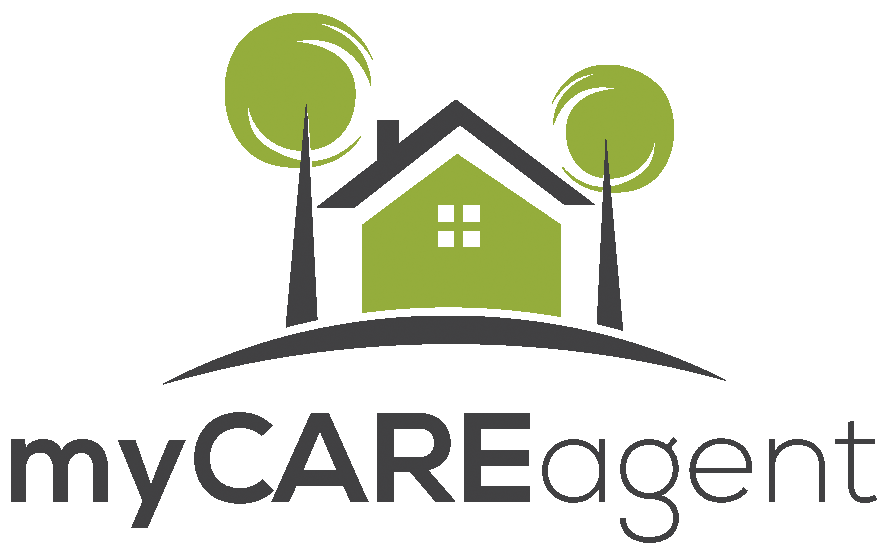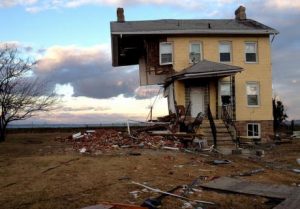
Fannie Mae, Freddie Mac, and Ginnie Mae are government entities established to support the nation's housing market.
After the Great Depression, the US Government realized the necessity of establishing government programs to revitalize the economy and support struggling citizens. Fannie Mae, Freddie Mac, and Ginnie Mae were created to encourage lending for homebuying, and providing affordable loans to homebuyers.
Fannie Mae and Freddie Mac are the largest sources of housing finance in the United States. Ginnie Mae is a government-owned corporation within the Department of Housing and Urban Development (HUD), and offers mortgage-backed securities guaranteed by the US Government.
Government-Sponsored Enterprises
Government-sponsored entities (GSEs) are federally chartered corporations, but privately owned by shareholders. Both Fannie Mae and Freddie Mac were originally congressionally chartered, shareholder-owned corporations.
In 1968, Fannie Mae was divided into two entities – the Federal National Mortgage Association (Fannie Mae), and the Government National Mortgage Association (Ginnie Mae). Fannie Mae became a stockholder company that operated with private capital on a self-sustaining basis, and Ginnie Mae remained a government agency.
In September 2008, both Fannie Mae and Freddie Mac were placed under government conservatorship, effectively wiping out shareholders.

Federal National Mortgage Association (Fannie Mae)
The Federal National Mortgage Association (Fannie Mae) was created by Congress in 1938 to bolster the housing industry in the aftermath of the Great Depression. Initially, it was authorized to buy and sell FHA-insured loans from lenders. VA-guaranteed loans were added in 1944, and conventional loans in 1972.
What Does Fannie Mae Do?
Fannie Mae does not lend money directly to homebuyers. Fannie Mae supports the secondary mortgage market by issuing mortgage-related securities and purchasing mortgages. Fannie Mae buys loans from lenders who conform to Fannie Mae guidelines and, by doing so, puts mortgage money back into the system so lenders can make more loans.
This secondary market for FHA and VA loans has helped to make sure affordable mortgage money is available for people in communities all across America, and helped to fuel the housing boom in the 1950s.
Fannie Mae makes money partly by borrowing at low rates, and then reinvesting its borrowings into whole mortgages and mortgage-backed securities (MBS). It borrows in the debt markets by selling bonds, and provides liquidity to mortgage lenders by purchasing whole loans.
Fannie Mae is the country’s second largest corporation in terms of assets, a leader in the secondary mortgage market, and the nation’s largest source for the financing of home loans.

Government National Mortgage Association (Ginnie Mae)
The Government National Mortgage Association (Ginnie Mae) was created in 1968 as a government-owned corporation within the Department of Housing and Urban Development (HUD). Its purpose is to serve low- to middle-income homebuyers.
What Does Ginnie Mae Do?
In 1970, Ginnie Mae became the first organization to create and guarantee MBS products and has continued to provide mortgage funds for homebuyers ever since.
Ginnie Mae does not buy or sell loans or issue mortgage-backed securities (MBS). Instead, Ginnie Mae provides insurance bonds issued by special affordable housing programs, which guarantees investors the timely payment of principle and interest on federally insured MBS – mainly loans insured by FHA or guaranteed by the VA. Investors are guaranteed principle and interest payments, in full and on time. This allows lenders to make more mortgage loans at more affordable rates.

Federal Home Loan Mortgage Corporation (Freddie Mac)
To provide competition for the newly private Fannie Mae, and to further increase the availability of funds to finance mortgages and home ownership, Congress established the Federal Home Loan Mortgage Corporation (Freddie Mac) as a private corporation through the Emergency Home Finance Act of 1970.
What is Freddie Mac?
The Federal Home Loan Mortgage Corporation (Freddie Mac) was established as a stockholder-owned corporation chartered by Congress in 1970 to stabilize the mortgage markets and support homeownership and affordable rental housing.
Its mission is to provide liquidity, stability, and affordability by providing secondary mortgage support for conventional mortgages. Since its inception, Freddie Mac has helped finance one out of every six homes in America.
What Does Freddie Mac Do?
Freddie Mac links Main Street to Wall Street by purchasing, securitizing, and investing in home mortgages. Freddie Mac conducts its business by buying mortgages that meet the company’s underwriting and product standards from lenders. The loans are pooled, packaged into securities, guaranteed by Freddie Mac, and sold to investors such as insurance companies and pension funds. This provides homeowners and renters with lower housing costs and better access to home financing.
Freddie Mac’s primary method of making money is by charging a guarantee fee on loans that it has purchased and securitized into mortgage-backed security bonds. Investors, or purchasers of Freddie Mac MBS, are willing to let Freddie Mac keep this fee in exchange for assuming the credit risk. That is, Freddie Mac guarantees that the principle and interest on the underlying loan will be paid back regardless of whether the borrower actually repays. Because of Freddie Mac’s financial guarantee, these MBS are particularly attractive to investors.
Mortgage-Backed Securities
Mortgage-backed securities (MBS) are pools of mortgages used as collateral for the issuance of securities in the secondary market. An MBS is a type of asset-based security that is secured by a mortgage or collection of mortgages. These securities have specific criteria and must have originated from a regulated and authorized financial institution.
MBS are commonly referred to as pass-through securities because the principle and interest of the underlying loans are passed through to investors.
Today, Ginnie Mae MBS are the only fully modified pass-through securities guaranteed by the full faith and credit of the United States government.





0 Responses
Well it is nice to learn a little bit about these companies than from somewhere other than sites bashing them for their role in the mortgage crisis. I am not saying that are clear of blame or anything, but it is just nice to see some non biased stuff.
I agree with you. It’s always good to know about companies and what they do, for sure.